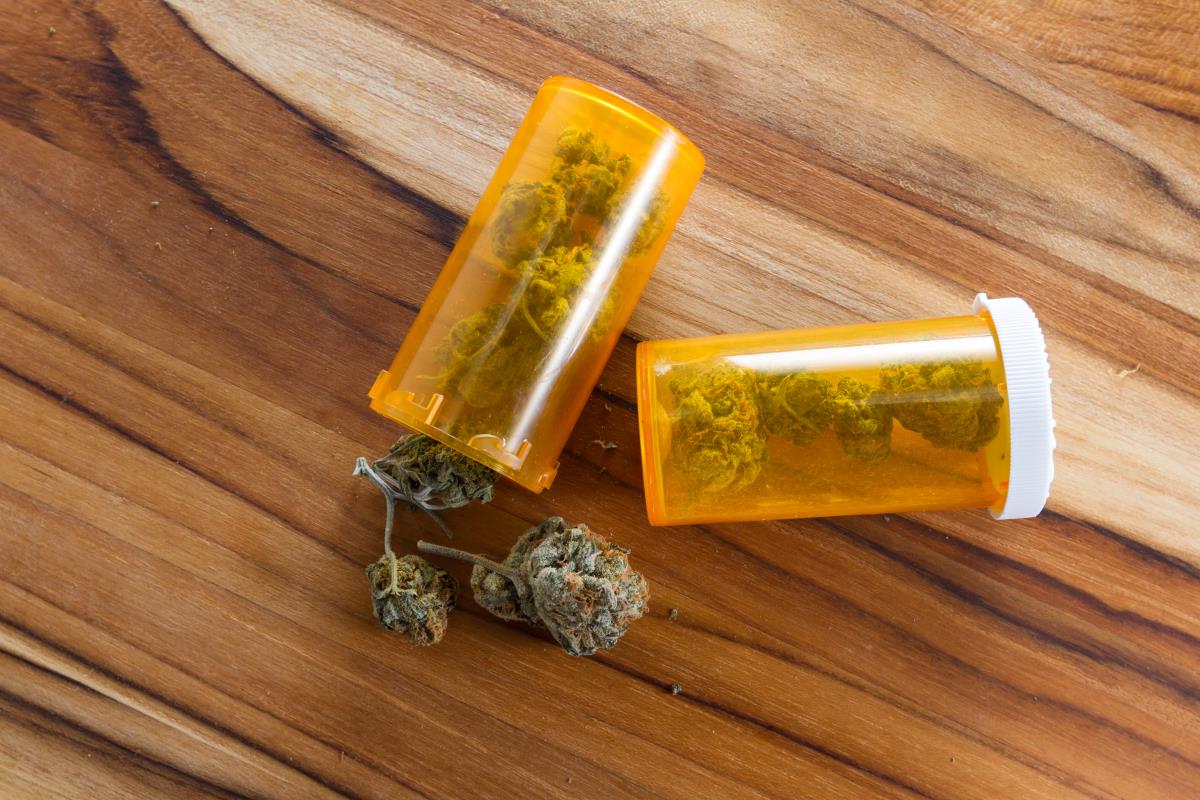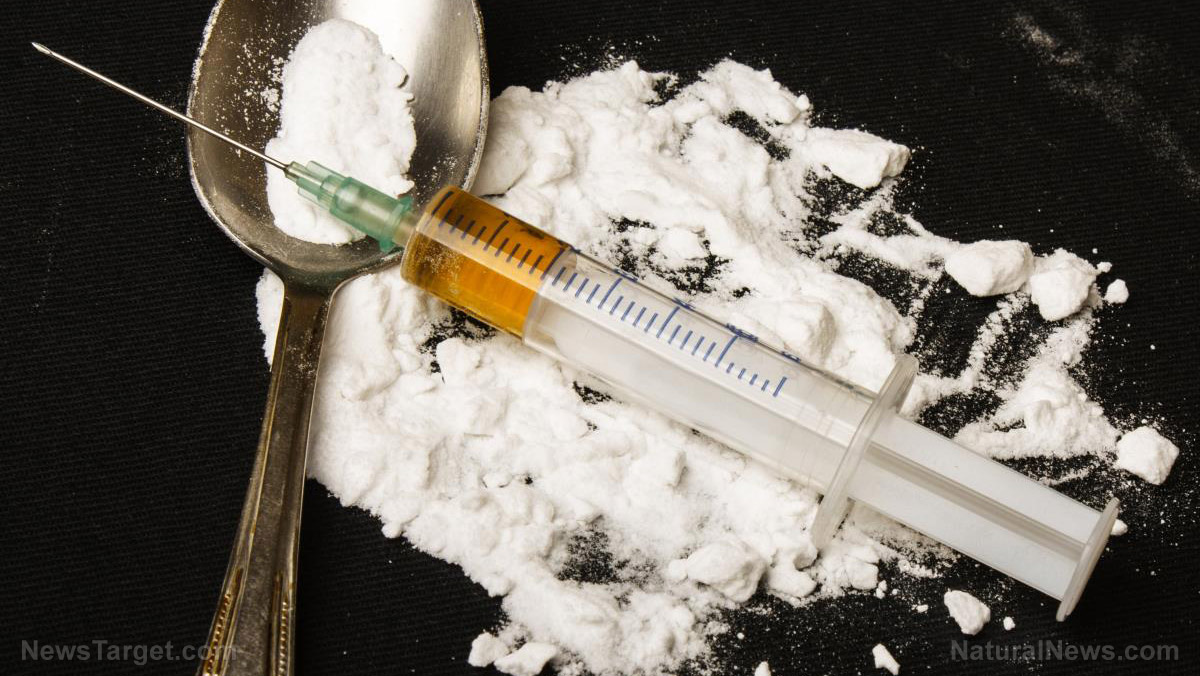
Have you ever wondered what legalizing medical marijuana in your state could do to alcohol sales? A group of researchers used that question as the basis of a new study that they conducted, and now they have an actual answer. According to the group of researchers, which hailed from two U.S. colleges and one Peruvian university, there was a noticeable decrease in the sales of alcohol in states where medical marijuana was legal. And what's more, this appeared to be true, no matter what the state they examined.
The researchers gathered the data they needed for their study by analyzing publicly available data on 90 different alcohol chain stores from the year 2006 to 2015, according to one report. Then they took their data and contrasted the changing trends with the information from the medical marijuana laws of individual states. In the end, they found that there were "significant reductions" in alcohol sales in all states where medical marijuana had been legalized.
According to the authors, a possible reason for this is that the medical marijuana is being used as a clear substitute for alcohol, mainly since it's able to offer similar effects to its users. It's not clear whether or not any legislators were aware that legalizing medical marijuana would have this kind of effect, but the data shows that indeed it does.
The researchers note in the text of their study that they have some remarkable data to back up their conclusions. "Remarkably," they said, "our findings are quite robust to a broad array of tests."
Legal medical marijuana was found to be particularly damaging to wine sales in particular, which suffered as much as a 16.2 percent reduction in sales. This was markedly worse than the sales dip for beer, which dropped 13.8 percent in sales.
In counties that are located on borders between two states, the researchers found that alcohol sales dropped a staggering 20 percent. And it didn't matter much whether it was wine or beer -- both of them were affected negatively in much the same way.
Based on the data they've gathered and the results that they've found, the researchers concluded that the corresponding drop in sales in states where medical marijuana is legal is a net positive. After all, it could "help focus on the positive first order impacts of pursuing cannabis legalization," where they are likely referring to alcohol-related injuries or deaths.
In one earlier study, another group of researchers has also shown that legal medical marijuana can also cause a decreased reliance on addictive prescription medications. That is, patients increasingly turned to legal medical marijuana instead of prescription drugs that they otherwise need to take.
Medical marijuana is known to be quite effective in treating chronic pain in patients. And compared to other alternatives -- such as prescription drugs and even alcohol -- it can deliver much better results. This new information that links it to a reduction in alcohol sales only adds more credence to the idea that medical marijuana should be legal in as many states as possible.
Learn more about the positive effects of medical marijuana in CannabisCures.news.
Sources include:
Docs.Google.com[PDF]
Please contact us for more information.





















